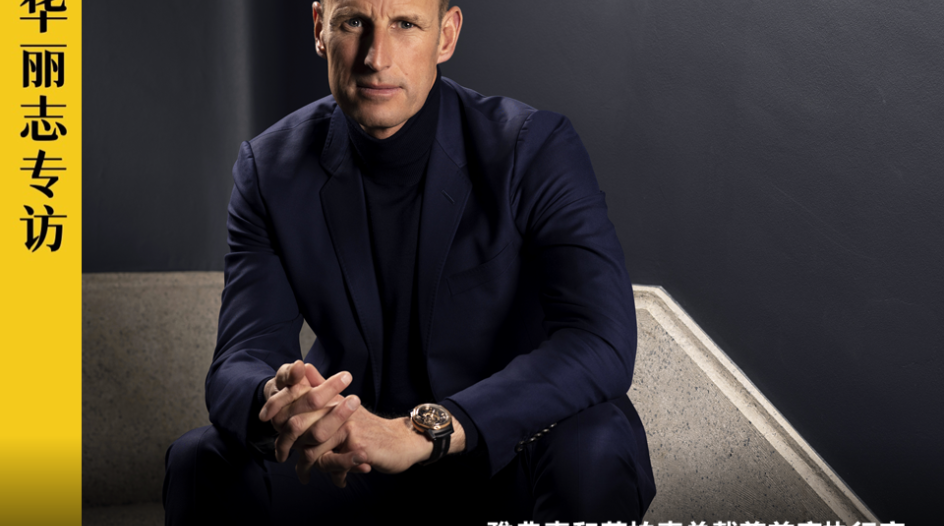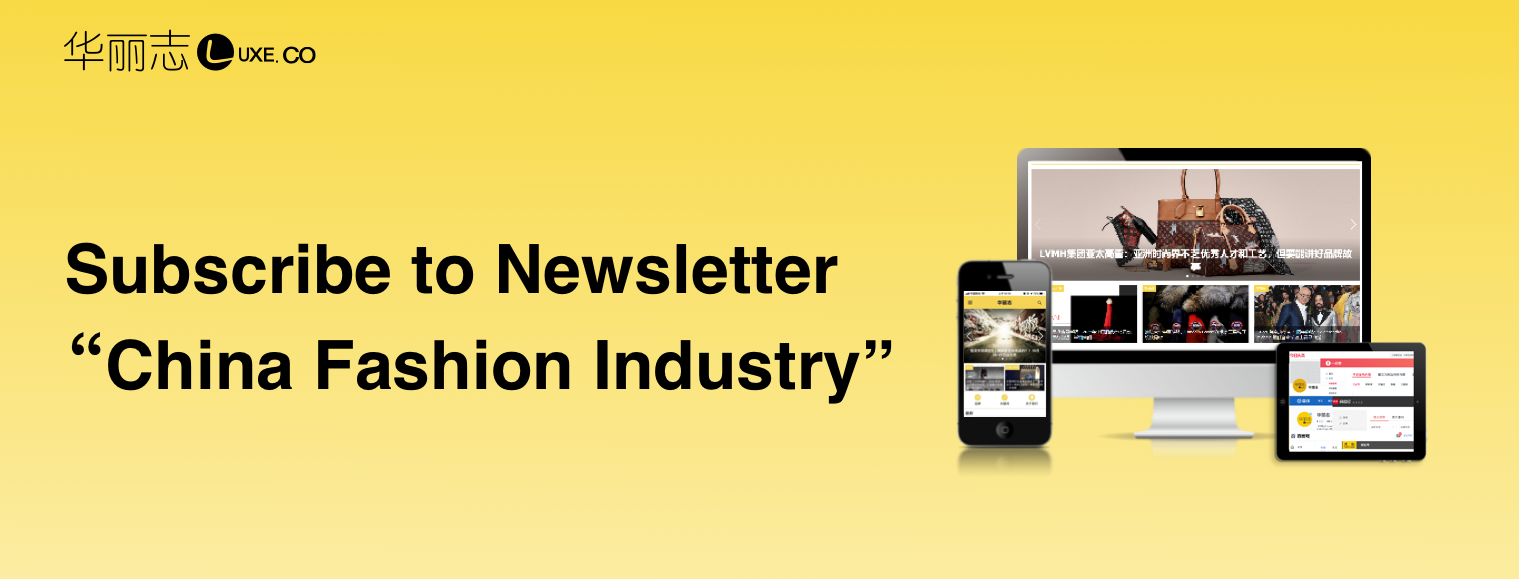Investor TalkяНBob Xu of ZhenFund, Innovation means solving old problems with new methods
June 3,2017
Since founding InnoBrand, we have received hundreds of applications from niche brands across China and from overseas. In order to better understand what тinnovationт means, we visited the head judge of this yearтs competition, Xiaoping Xu (Bob Xu), who has invested in over a dozen companiesТ over the years. During our talk, we discussed his understanding of тinnovationт and how, over the years, ZhenFund, pioneered by Xiaoping Xu, has gained a wealth of experience of investing in fashion and lifestyle startups.

(Above: Xiaoping Xu co-founder of ZhenFund, head judge of InnoBrand 2015)
Luxe.CO: You always encourage young people to let their imaginations run wild. What kind of тwild imaginingsт constitute real innovation? Can you tell us about your innovation philosophy?
Xu: Real innovation is to use new methods to solve existing problems.
For instance, the problems of hailing a cab have been around for a long time, but Yongche, Uber and Didi hadnтt. The technology they employed wasnтt exceptionally cutting-edge, but they used it in a new way to solve existing problems.
Luxe.CO: Could you please share three examples from your life and work that you think have been the most innovative
Xu: The most wonderful innovation, I think, is ZhenFund itself. Qiang Wang and I came from an education background and dived into investment. Based on our previous experiences, we followed a firm and proven investment principle: we donтt invest based on directions, operational models or products. We only invest based on the people. No matter how great the product model, no matter how powerful the data, if the people donтt seem reliable, then we wonтt invest. Firmly believing in the people principle is ZhenFundтs best innovation. This principle has been repeatedly proven by our successes. Even if a project has been rejected by multiple moguls because it is not good enough, I might still invest in it. Even if Iтm not familiar with the project, I put my faith in the people.
Iтll list a couple more examples from the fashion industry. First, De Yeen Jewelry. Custom-made jewellery used to be an aristocratic privilege. Yet with the benefits of 3-D printing, the cost of custom-made jewellery has been significantly lowered. Young people like to wear things that are unique to demonstrate their individuality. De Yeen acknowledges that mentality and offers them the chance to design and 3-D print custom-made jewellery, therefore satisfying not only their material needs but also their psychological needs. This is truly innovative.
My second example is the e-commerce app Little Red Book (хАчКЂфЙІ). Global e-commerce has become immensely popular over the past couple of years, and competition is fierce. Little Red Book broke through because they won loyal female users by running shopping guides and creating user communities. From this, the company began expanding its international e-commerce business step by step. The number of products sold, which was only a dozen at the beginning, has increased to over a hundred. The main competitive advantage and innovative edge of Little Red Book is its user community management. At the same time, the company carries out many interesting marketing campaigns, such as deliveries being made by attractive young men. There are many Little Red Book fans working at ZhenFund т every day you can see many parcels with the Little Red Book logo in the office.
My third example is Dr. Drinks. People in the West have been drinking coffee for hundreds of years. Thus, Nespresso came up with the idea of coffee capsules. Similarly, the Chinese have been drinking tea for thousands of years, and so Dr. Drinks came up with the idea of tea beverage capsules, which is a great innovation. This company, like I said earlier, used new methods to solve existing problems and meet demands.
Luxe.CO: A lot of start-up companies are trying to win by spending money on price wars. How could companies innovate and win by being unique instead?
Xu: First, companies that have money to spend must have moved investors with some kind of innovation. However, those that win in the end do not pour cash away. The ultimate winners are the companies that refocus on the business itself. Doing business is essentially about making money. Even if Jingdong isnтt trying to make money now, it takes action to crush potential competitors. Thus it has to maintain the essence of the business, which is to leave room for every order to make a profit. Such a company will become a great one in the end. Neither Taobao nor Jingdong earned much to start with, but they make sure that each order has the potential to make profit. This is unit economics, making profit from each unit.
Luxe.CO: When it comes to innovation, what it means for the fashion and lifestyle areas differs greatly from what it means in the entrepreneurial and technological fields. As the head judge of InnoBrand, what characteristics do you hope to see from the participating brands? Do you have any suggestions for them?
Xu: First and foremost, innovation. Innovation in the fashion industry is different from that in Internet and Technology. There are countless luxury, medium-sized and independent brands, so what you offer has to be unique. Innovative technology, an innovative business model, innovative products, an innovative lifestyleтІ If there is no innovative aspect, then donтt play the game. The second important factor is marketability and the commercial aspects. In the fashion and lifestyle industry, if there is no marketability, the idea wonтt work. At the same time, if a product is only interesting and has no innovation or marketability, why wouldnтt I simply go and buy a luxury bag?












Comments